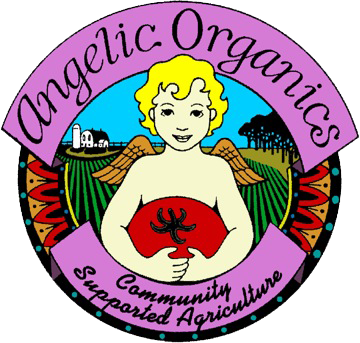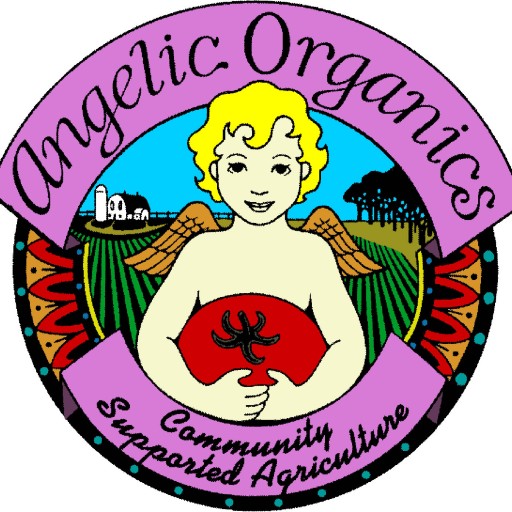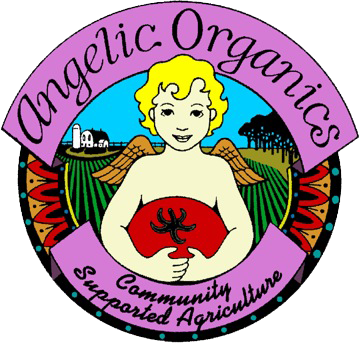Welcome To Harvest Week 21, First Week of Extended Season: Tue/Wed/Thurs Delivery, Oct 29, 30 & 31, 2013
Welcome to Harvest Week 21, First Week of Extended Season
This is the first week of our extended season! We’re glad you’re still with us.
In Farm News this Week, Erin Barnett from Local Harvest Writes a Sobering Commentary on the Food Safety Modernization Act

Double washing our orange beets. The Food Safety Modernization Act will require triple washing, plus recording even more than the following: washed by whom, harvested from which field by whom, which bed, what day, stored where at what temperature, washing apparatus cleaned how by whom with water tested by whom and when? Oh, and what temperature water? Notice the employee’s face is not shown…this way, the government will not know whether she was wearing a hair net
Please return your CSA vegetable boxes and mesh bags to your site.
How About Writing a Review for us?
We have a lot of great reviews on Facebook, but not a lot of current reviews. If you’re inspired, please post a review of your Angelic Organics experience at www.facebook.com/AngelicOrganics. If you’re on a roll, post to Yelp, too: http://www.yelp.com/biz/angelic-organics-chicago-2.
Like the Angelic Organics Learning Center
Please like and follow the Angelic Organics Learning Center on Facebook. The Learning Center is a very important part of our community, helping to connect people to the earth, to their food and to one another.
Like Angelic Organics, too.
Check out www.facebook.com/angelicorganics/. Our shareholders often post there.
The Weather This Past Week
Temperatures dropped into the mid-20’s. There’s not much left in the fields which can get damaged by frost. The remaining lettuce is blanketed by a double row of Reemay frost protection.
The Crops
Some of the Brussels sprouts are a bit petit. We’ll plant them earlier next year, so they fill out more. We left the stalks with smaller sprouts in the field, thinking they might fill out a bit more. Those Brussels sprouts were blessed with a hard frost, should be very sweet.
The Crew
Packing extended season boxes now, about half of what we pack for the full season. Most of the crops are under cover. Less work. Less warmth.
The Facilities

Primo’s father Rafael constructs a wide brick walkway near the main barn. Looks like we are expecting a crowd
Upcoming at the Angelic Organics Learning Center
There is an autumn chill in the air and, sadly, the season shares are soon coming to a close, but there are still ways for you to enjoy Angelic Organics Farm. This year, the Learning Center is offering three programs on the week of Thanksgiving for families: Pumpkin Pie Baking; Thanksgiving Meal Baking; and DIY Holiday Gifts. To register for these and other programs, visit www.learngrowconnect.org/events
Thank you for supporting local foods this year!
Erin Barnett from Local Harvest Writes about the Food Safety Act
Note from Farmer John…Erin puts the Food Safety Modernization Act into a somber perspective.
LocalHarvest Newsletter, October 25, 2013
Welcome back to the LocalHarvest newsletter.
After the shenanigans of the last month it feels almost in poor taste to bring up yet another example of the folly in Washington. I would happily write about something more pleasant if there wasn’t so much potential for damage here. The Food and Drug Administration has proposed another set of regulations that, if implemented as written, will negatively affect many LocalHarvest farmers and could very well put some of them out of business. (Careful readers will recall a similar theme in last month’s LH newsletter concerning outdoor access for chickens; believe it or not, this is a separate issue.)
These proposed regulations fall under the Food Safety Modernization Act (FSMA), the first overhaul to food safety rules in 75 years. For several years before its 2010 passage, farm and food activists worked hard to make sure that the law would address the known threats to food safety from industrialized agriculture, and differentiate between those activities and ones that are non-threatening. Thanks to their hard work, Congress passed an amendment exempting small-scale farmers, thus protecting them from overly burdensome regulations that shouldn’t apply to them. But that didn’t entirely work.
Sometimes ‘fair’ means that the same rules apply to everyone, but sometimes what is fair is to ask the people who engage in the riskiest activities to meet a higher standard than others. In the food system, the riskiest activities are those with a documented history of contamination leading to human illness. In the U.S., those products are bagged salads, sprouts, and much of what is grown downstream from confined animal feedlot operations (CAFOs — aka feedlots). Bagged salads are risky because when the salad leaves are cut they become vulnerable to pathogens; putting these vulnerable greens in a sealed container and removing the oxygen creates an excellent environment for bacterial growth over time. Sprouts are risky because of a history of contaminated seeds and the lack of sufficient post-harvest safety checks. Irrigation water tainted by runoff from CAFOs may contaminate produce. Instead of focusing the regulations on these few problem areas, though, the FDA produced a set of rules strict enough to keep the high-risk products safe and applied it to all produce. According to The Cornucopia Institute, over 90% of the farmers to whom the regulations will apply do not produce these high-risk foods. Requiring them to abide by the same strict rules just isn’t fair.
Nor is it smart. Despite being so expensive to implement that the FDA itself predicts the new rules will put some small- and medium-scale produce farmers out of business, asking them to follow these rules is unlikely to make the food system any safer at all because these farmers are not the bad actors. Society will lose an unknowable number of good farmers for nothing, and good food will become harder to find. We think the government has a role in keeping the food system safe, but rules that put good farmers out of business and leave gaping holes in known problem areas is not wise governance.
Several organizations have developed excellent materials through which you can learn more about these proposed regulations and their impact. One good source is The Cornucopia Institute. If you really want to dig in, read their whitepaper on the food safety rules. Another good source is the National Sustainable Agriculture Coalition. They offer step by step instructions on how to submit a public comment and what to say. Finally, the Farm and Ranch Freedom Alliance offers an in-depth analysis, sample comments, and a downloadable PDF flyer that can be printed and distributed at farmers markets.
I hope that many of you will help protect LocalHarvest’s produce farmers by contacting the FDA before the November 15 deadline. Let them know that you want the FDA to create rules that don’t unfairly burden the small- and mid-scale farmers from whom you like to get your food. Good food — and good farmers — are worth protecting.
Until next time, take good care and eat well.
Erin
Erin Barnett
Director
LocalHarvest
Box Contents
Please Note: this summary is written before you receive your box—please be aware that some guesswork is involved. As always, be sure to thoroughly wash all of your vegetables.
Salad Greens – Lettuce (1-2 small heads)
Fruiting Crops – a Butternut or Confection Squash
Herbs – Cilantro
Root Crops – Daikon Radishes, Yukon Gold Potatoes
Cooking Greens – a bag of Kale and a Kale top
Brassicas – Cabbage, Pac Choi, Brussels Sprouts





